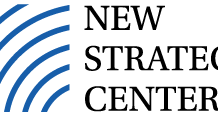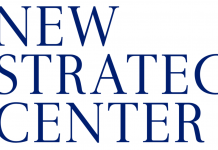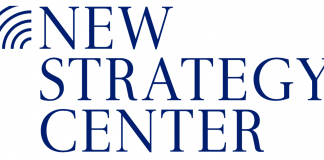By: George Scutaru
- Today the war enters a new phase. What happened today shows Putin’s determination to continue the war.
- There are 3 events that need to be linked:
- The decision to hold referendums in the coming days to annex to Russia the occupied territories in the Ukrainian regions of Donetsk, Lugansk, Zaporozhye, and Kherson. Officially, these territories will become subjects of the Russian Federation and an integral part of its territory.
- The second important fact is the amendment of the Criminal Code. New punishments are provided, new chapters are introduced, punishing with years of imprisonment those who do not want to fight, who leave military units, who do not comply with the orders of commanders, who do not provide orders in the defence industry. To prevent population dissatisfaction, an entire penal system is implemented. Putin’s desire to prevent anti-regime demonstrations rather than to inspire or appeal to citizens’ patriotism is intriguing. Remember that in the first two weeks of the war there were anti-war demonstrations in major Russian cities, indicating that this tactic was effective in the beginning of the conflict. Then, amendments to the criminal code were passed that stipulate 5 to 15 years in prison for those who defame the armed forces. Arrests, inquiries, and trials… And the demonstrations are approaching.
- The third and most important event is Putin’s decision today to decree the partial mobilization of reservists. With 18 million reservists, Russia has a large pool from which to recruit new soldiers and officers for the Ukraine conflict. Simultaneously, it begins to prepare the industry for war. Now that the necessary troops are available, we must prepare for a Russian offensive as the war enters a new phase.
- Russian Defence Minister Sergey Shoigu announced today that 300.000 troops will be mobilised. They will probably select people with various technical skills, those who have served in armoured troops, communications specialists. The selection base is large and probably this will be just a first serious contingent that will be ready to fight if the situation on the front in Ukraine requires. It’s possible that other batches will follow.
- Putin is currently implementing a component of Russian strategy, namely de-escalation through escalation. He is upping the ante militarily, escalating hostilities, and attempting to gain a more consistent advantage on the ground in order to negotiate from a position of strength.
- A negotiation will not occur in the immediate aftermath; the prerequisite is gaining strategic and military advantage.
- There is a grouping in favour of a tougher attitude towards Ukraine and the West, a grouping in the Kremlin within the military among some propagandist Russian ideologues, that has been successful in imposing this approach.
- However, the Putin regime is trying to avoid any potential problems in big cities, mainly in Moscow and St. Petersburg. An uprising in Moscow is more important than in Vladivostok or Yekaterinburg, cities in the Far East and the Urals. The Defence Minister said that students would not be drafted and that those who were mobilised would be sent to the front only after their military training had been completed in very good conditions.
- I think that as far as Putin is personally concerned, the attitude of the leaders he met with in Uzbekistan the other day played a major role. Putin was irritated by the indifference of those with whom he spoke, the humiliation he felt through protocol, the delays in meetings, and the publicly critical speech of Indian Prime Minister Narendra Modi, all of which made him realize that both his personal image and Russia’s are affected by the failures on the Ukrainian front. He was able to observe this with his own eyes, as opposed to reading about it in intelligence reports. Putin is a dictator with a large ego who has ruled Russia for a very long time and had the opportunity to observe how these people treated him at a different time.
- As such, he has consequently chosen to move to a new phase of the war and mobilize more forces to achieve more success on the front. I also think he was convinced by the arguments about the massive supply of Western military equipment and the fact that in the long run Russia cannot win this war fought without a massive human and industrial involvement.
- He wants to prove to the West that he can call the shots and his desire to punish Ukraine and destroy it has become even stronger.
- We must bear in mind that the increase in military pressure in Ukraine will be accompanied by the intensification of Russian hybrid activities against the West. All EU and NATO nations will be the target of disinformation campaigns, and attempts will be made to sow social unrest by speculating on the public’s discontent with rising prices, the energy crisis, and unpopular government measures. The objective is to create political instability in numerous Western nations.
- We should also keep an eye on developments in the Balkans, as it is possible that Russia will orchestrate problems in Bosnia in order to create an additional source of instability for the West.
- On the Western side, aid to Ukraine must increase, because it is clear that Putin only respects the argument of force, and the only way to reach an agreement and stop the war is if Russia fails on the Ukrainian front.






